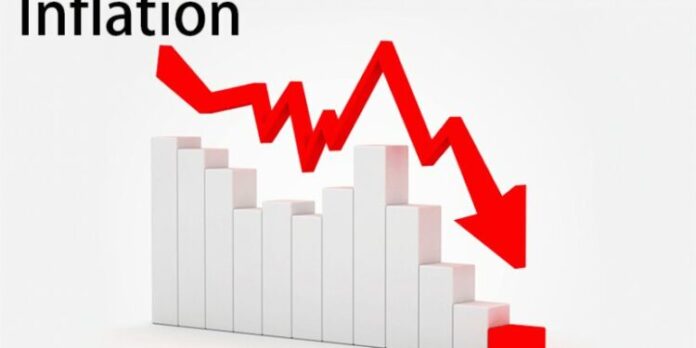Ghana may see lower interest rates soon as ongoing disinflation and currency stability prompt cautious optimism among commercial banks.
Speaking at the 11th Absa-UPSA Law School quarterly banking roundtable in Accra, Mr John Awuah, Chief Executive Officer of the Ghana Association of Banks, said the expected change hinges on the upcoming Monetary Policy Committee meeting, scheduled for July 28, 2025.
“We have seen where we are now – where inflation is at 13.7 per cent [and] we hold the view that the central bank has to take a second look at the monetary policy rate,” he stated.
Also Read: Patricia Appiagyei rejects nomination to replace Afenyo-Markin at ECOWAS Parliament
He described the recent decline in inflation and Cedi appreciation as positive for business planning and a trigger for downward revisions in bank lending rates.
Mr. Awuah explained that the Ghana Reference Rate (GRR)—which influences commercial banks’ lending rates—is determined by several key factors, including the monetary policy rate (MPR), interbank rate, treasury bill rate, and inflation.
“We have T-bill rate at 14.14 per cent, and inflation at 13.7 per cent. So, if we have the MPR also move in the direction southwards, definitely, we will also do something about the lending rate,” he noted.
The implication, he added, is that a downward adjustment in the MPR would prompt banks to lower their lending rates accordingly.
Mr. Awuah cited the GRR at 28 per cent as a key factor and emphasised the impact of any aggressive MPR cut.
“If the policy rate moves in directions southwest, definitely we are going to have a kind of reduced lending rate,” he said, hinting at an impending rate adjustment.
He acknowledged the challenges businesses face with pricing and planning, expressing hope that falling interest rates and currency stability would spur growth and job creation.
Professor Ernest Kofi Abotsi, Dean of UPSA Law School, said the roundtable aimed to provide a platform for legal and regulatory discourse involving academia and policymakers, prompted by the banking sector crisis.
He added that this year’s theme, “Ghana’s Legal Tender, Monetary Policy, and the Rising Cedi,” was intended to demystify the recent appreciation of the Cedi, helping the public better understand key economic developments and inform policy decision-making.
GNA


